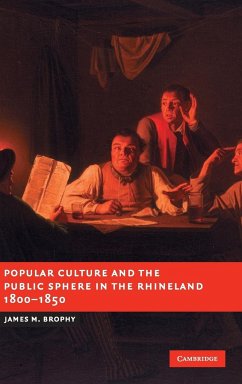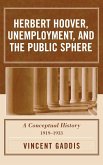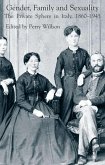The age of revolution challenged the ancien régime's political world, introducing Europeans to new ideals of citizenship. German society was no less affected. Following the Napoleonic era, a political culture of partisan choice undermined the official restoration of absolutism. Bourgeois and popular classes took part in the new political landscape of civil society, producing an impressive social base for participatory politics by the 1830s. Because of severe restrictions on speech and assembly, ordinary Germans formed political opinions in irregular ways. This book looks at the sites and forms of culture that facilitated political communication. With chapters devoted to reading, singing, public space, carnival, violence, and religion, James Brophy argues that popular culture played a critical role in linking ordinary Rhinelanders to the public sphere. Moving beyond conventional explanations of opinion formation, he breaks new ground by exposing the broad cultural infrastructure that enabled popular classes to join the political nation.
Hinweis: Dieser Artikel kann nur an eine deutsche Lieferadresse ausgeliefert werden.
Hinweis: Dieser Artikel kann nur an eine deutsche Lieferadresse ausgeliefert werden.








